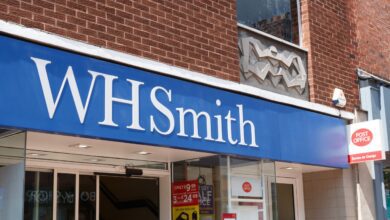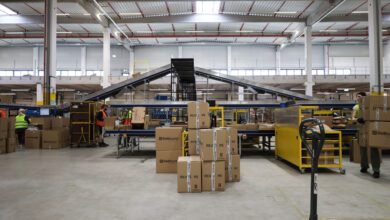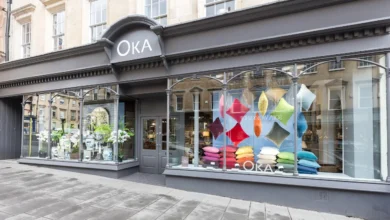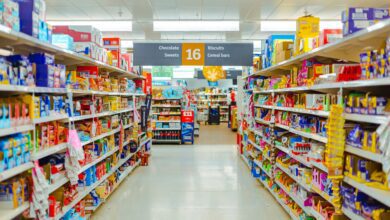Inflation holds steady at 3.8% but food prices on the rise
August saw the rate of food and non-alcoholic drink inflation rise to 5.1%, up from 4.9% the prior month, marking the first time it has climbed above 5% in 18 months
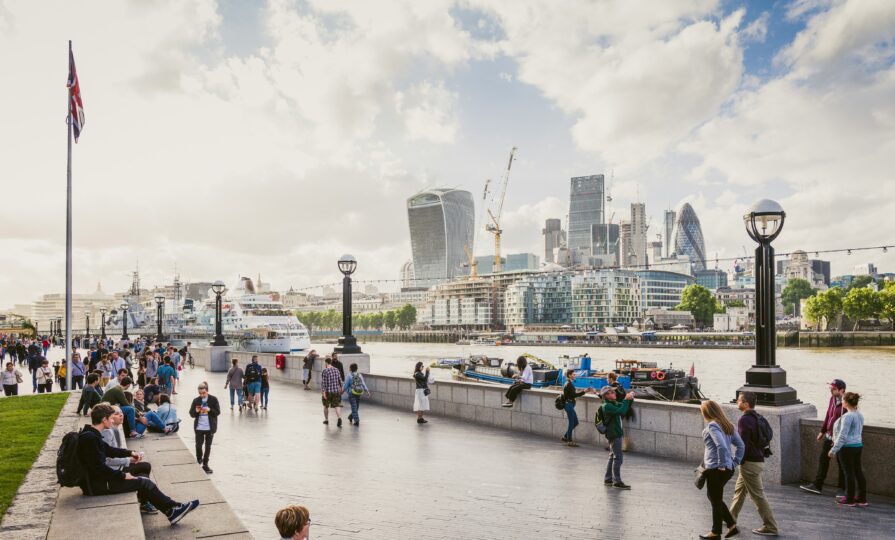
Register to get 1 free article
Reveal the article below by registering for our email newsletter.
Want unlimited access? View Plans
Already have an account? Sign in
Inflation held steady last month, with a reported rise of 3.8% in the 12 months to August 2025, unchanged from July’s figures.
According to the Office for National Statistics (ONS), the August and July figures mark the joint-highest recorded since January 2024, when the rate was 4.0%.
It comes as August saw the rate of food and non-alcoholic drink inflation rise to 5.1%, up from 4.9% the prior month, marking the first time it has climbed above 5% in 18 months.
This was in part offset by declines in both transport and clothing and footwear. Transport prices rose overall by 2.4% in the 12 months to August 2025, down from 3.2% in the 12 months to July, while clothing and shoes inflation fell slightly to 0.2%, down from 0.3% in the year to July.
ONS chief economist Grant Fitzner said: “After last month’s increase, annual inflation was unchanged in August as various price movements offset each other. The cost of airfares was the main downward driver this month with prices rising less than a year ago following the large increase in July linked to the timing of the summer holidays.
“This was offset by a rise in prices at the pump and the cost of hotel accommodation falling less than this time last year. Food price inflation climbed for the fifth consecutive month, with small increases seen across a range of vegetables, cheese and fish items.”
Responding to the latest CPI inflation figures, Dr Kris Hamer, director of Insight at the British Retail Consortium, said: “Food inflation climbed above 5% in August for the first time in 18 months as rising employment costs and poor harvests drove up retailers’ costs. With food inflation now outpacing wages, many families will be struggling with the rising cost of living.
“Despite the increase, headline inflation held steady, as declines in categories such as transport and clothing and footwear—driven in part by retailers discounting the last of their summer collections—offset upward pressures. There was some good news in food as key staples such as cereals and pasta fell in price on the month.”
He added: “Households across the country are noticing the increasing cost of their weekly shop. Retailers are doing everything they can to deliver great value for their customers, but are unable to absorb the £7bn in costs they have been landed with this year thanks to rising costs of National Insurance, higher NLW, and a new packaging tax.
“The chancellor can help turn the tide at the budget by delivering a meaningful business rates reduction, with no shop paying more as a result. If the government instead chooses to burden the industry with more costs, then it will be households who feel the pinch as they go about their weekly shop.”


